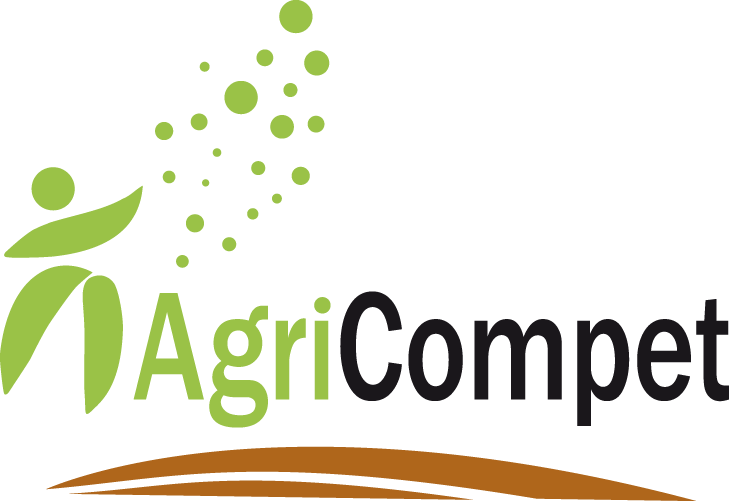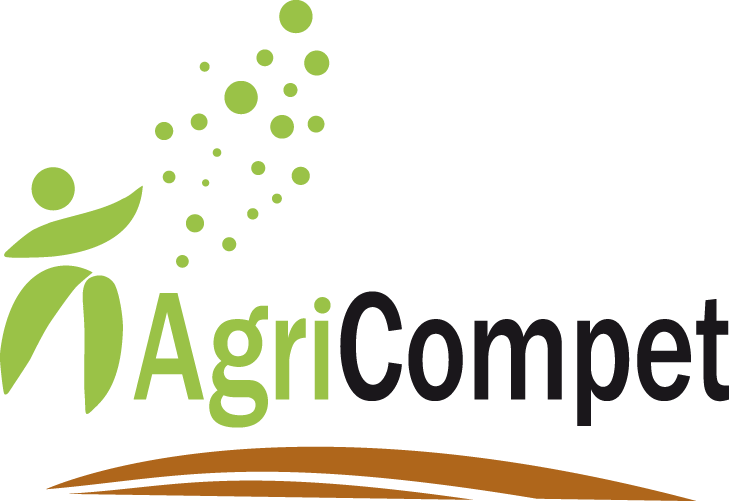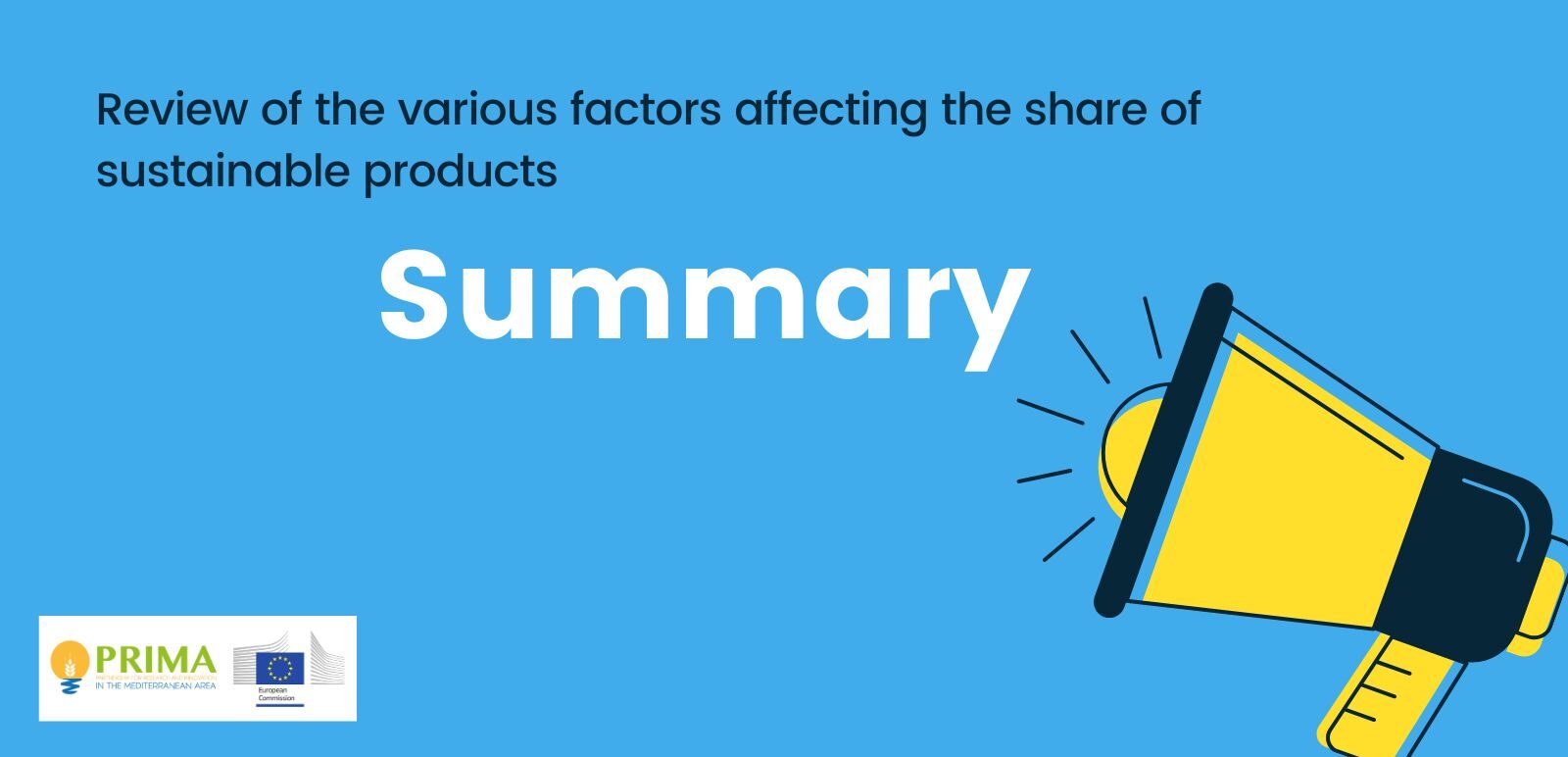From AGRICOMPET we present a summary of Deliverable 3.2 – Review of the various factors affecting the share of sustainable products.
Thanks to its purchasing power, public procurement is seen as a valuable policy instrument to partially guide production and consumption patterns towards more sustainable practices. Based on a literature review and a set of case studies in the countries involved in the project, AGRICOMPET looks at the factors that hinder the introduction of sustainable food products in public school food procurement, as well as the public procurement process that can promote sustainable food procurement.
The main limiting factors identified are the extra costs related to sustainable products such as organic, the lack of political support, the complexity of public market procedures, the lack of information on local production or the difficulties of identifying suppliers able to meet the city’s requirements.
Public authorities are trying to facilitate the procurement of sustainable food by modifying the tendering process: increasing the threshold at which a more bureaucratic procedure is required; integrating non-price criteria into the award procedure; making public market allocations the rule rather than the exception.




Comments are closed